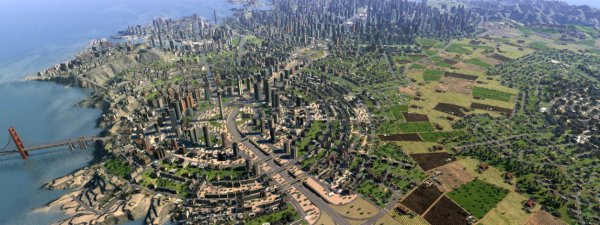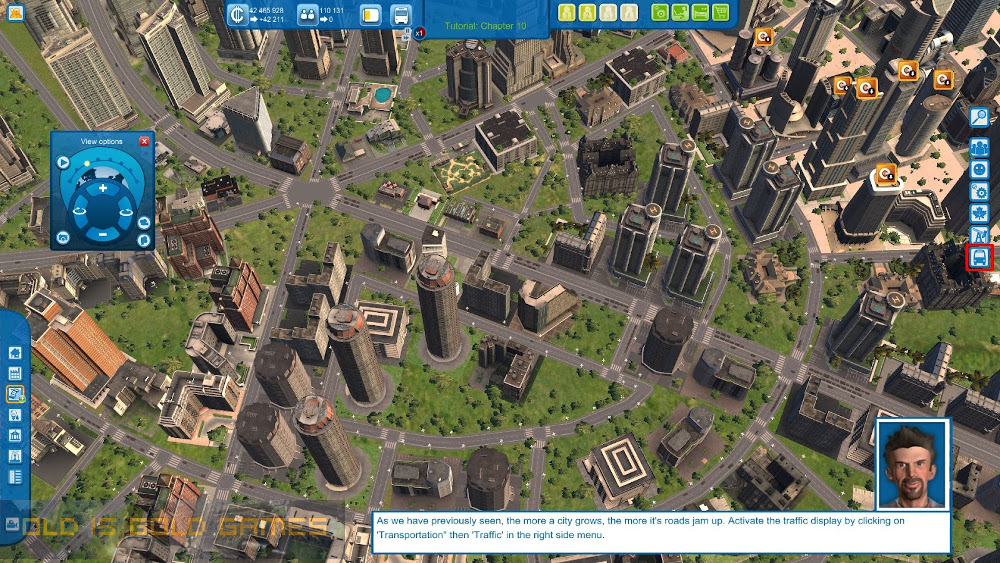


Extra large and incredibly detailed 3D maps feature a variety of terrains: mountains, hills, canyons, beaches and islands, all set in different climates from tropical to desert, Mediterranean to temperate.Hundreds of buildings and monuments based on American and European-influenced architectural styles.Would-be Mayors are challenged to create the right combination of social services, leisure activities, special events and job opportunities within their cities in order to feed, employ and entertain their citizens.Realism will be pushed to the limit with cities that are bigger, more realistic and more sophisticated than ever before.

You can also check out the Limited Edition of Cities XL which contains additional content!ĮXCLUSIVE STEAM ITEM The magnificent Royce Hall from the UCLA campus.ĬITIES XL™ is the next-generation in city-building games, allowing gamers to develop cities on realistic 3D maps using an incredible collection of unique structures. You can also check out a video of early development in Cities XL Platinum in order to get an idea about what the game has to offer and a gallery of images.This is the Regular Edition. Hardcore city building fans might be well served by Cities XL Platinum but, despite its flaws, I will continue to spend time with the Maxis release.īut for those who are unable to play the recent EA game or dislike its core ideas, the Monte Criso game is a perfectly good replacement.

There’s also something endearing about the idea behind SimCity, that gamers will be able to work together to create something that they will then share. My focus was always on creating a bigger city and generating more revenue and never on being appreciated by the citizens living there. In Cities XL, population is just there to offer workers for the factories and other buildings and I rarely felt that I should actually care about their needs. I like the game and its clear suggestions about what can be done to improve an overall situation, but I miss the organic nature of SimCity and the way it allows me to get in touch with my own citizens while they walk the streets returning from work. If scale is what a player is looking for in a city building experience, then Cities XL Platinum delivers it in spades and allows the gamer to create a truly impressive megalopolis. This is an experience focused on massive investments and big city development, with large farming areas that deliver products to manufacturing zones that could replace an entire settlement in the SimCity reboot. The game is very focused on keeping a clear balance between manufacturing, population and commercial areas and there’s little chance to look at individual citizens because the larger picture is always more important. This is an almost mathematical experience and the player needs to always think ahead, making sure that there's a clear synergy between each area of town before adding more zoning, be it worker or industry focused.Ĭities XL Platinum is a very precise affair, with tiered densities for various social classes and types of buildings and clear information on how each of them is performing and their happiness levels.Ĭities XL Platinum also delivers a wealth of details about the town the player is developing, with clearly structured ideas about how the overall layout can be improved and what the population categories are expecting the player to do in the future. Gamers need to plan ahead, notice where various natural resources are located and get an idea about how they plan to build their settlement before they put down their first road. The game is much more open than SimCity and offers a tiered progression system where various achievements on the part of the player open up new buildings and new options and allow anyone to create a complex megalopolis that requires a fully zoomed-out view to explore. So I took an older city builder with a slew of new updates out for a spin, spending some time with Cities XL Platinum, the title created by Monte Cristo that was first launched in late 2009. The biggest complaints against SimCity that Maxis does not seem to be addressing anytime soon are that the cities are too small to allow for meaningful development and that the mechanics are too obscure and deliver an illusion of simulation.


 0 kommentar(er)
0 kommentar(er)
